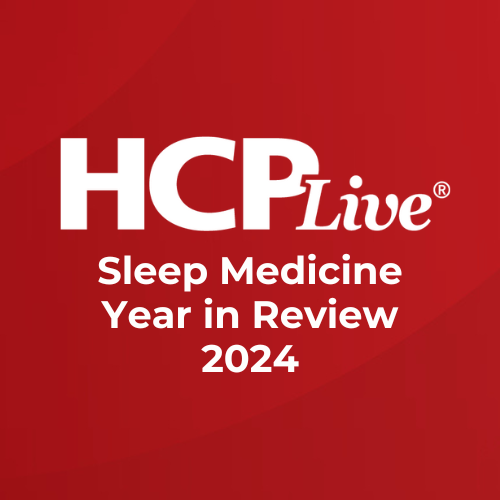Video
Barry Fields, MD: Biggest Challenges in Sleep Telemedicine
Author(s):
Telemedicine is extraordinarily promising for patients and practitioners, but there are lingering challenges that are keeping it from reaching its full potential.
Barry Fields, MD:
So like many things, telemedicine is a work in progress. I think it's been anticipated for many years. Has it reached its full potential? The answer is no. But I think we've made significant progress.
When we look at the feasibility of telemedicine, that can mean many different things. There's technologic feasibility - it's feasible, and we're using the technology. So the technology has lived up to the hype, it's here. Not just the video portion, but I can use the telestethiscope, I can look in people's mouths with the oral camera. The technology is there.
Where we continue to work, though, is to create a health care setting where it's feasible to use that technology. In other words, we are fighting across the nation to get this care covered by insurance companies.
I don't know anyone in the field who's in this to make big bucks. However, the fact is, if you can't get coverage for that telemedicine visit, it's great that you have the hardware, software, and all the fancy gadgets, but you're really not going to be able to use them because then you steal resources from other parts of your practice, which is exactly what we are not trying to accomplish. We're trying to increase access to care, and not contract it.
I mentioned that the technology is living up to the hype, the economics are having some issues figuring it out, and the third piece is the outcomes - the clinical outcomes.
What's the point of doing this if we're not delivering non-inferior care to in-person? It's different, but it still has to be up to a high standard. We don't want to just cheapen the process by using telemedicine.
Having practiced telemedicine now for over 3 years, and done research in telemedicine as well, and published on this topic, I feel that telemedicine is really now living up to its potential to provide equivalent care. I'm not arguing that it provides superior care, but I think it is at least providing non-inferior care to in-person care.
But of course, it always comes down to the physician or the provider who's providing the care. Telemedicine is only as good as the health care provider, just like in-person visits are only as good as the health care provider.
More and more I say that we need to think differently about telemedicine. Using a camera, or however you do telemedicine, that's a tool that allows you to provide care. Telemedicine is medicine - it's not necessarily different, it's just using a different tool to hopefully achieve the same outcomes. And I think we can do that as long as we continue to practice good medicine.
I see the largest barrier right now, as I eluded to, that second point, which was the financial side. That's what most of the questions I get - was that telemedicine is not living up to its hype. Why? Because it hasn't been proven to save the health care system money on different metrics.
I think we're getting there. I think we need the studies to look at that, but that would be the one area where we're really struggling as a field, at least within sleep telemedicine.




